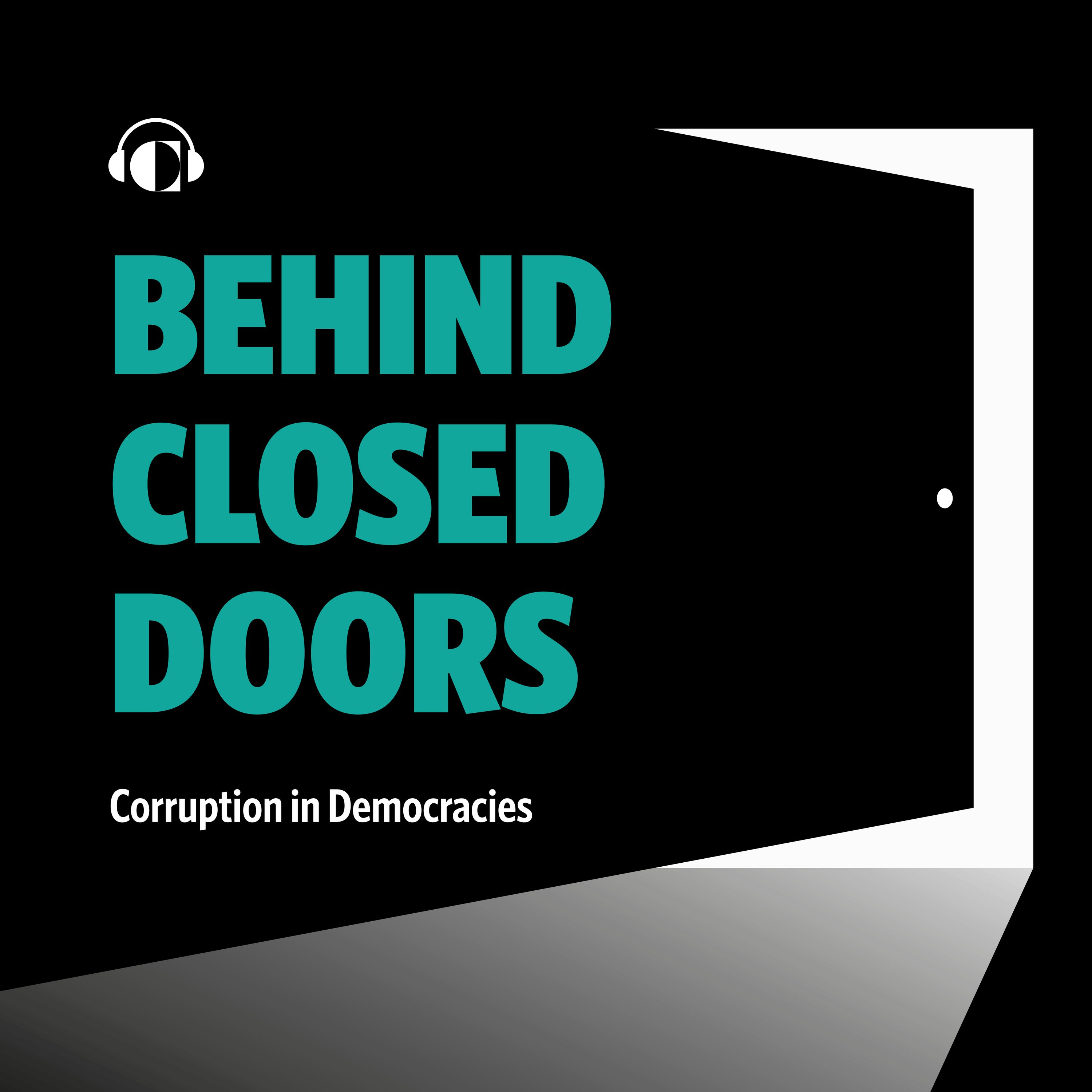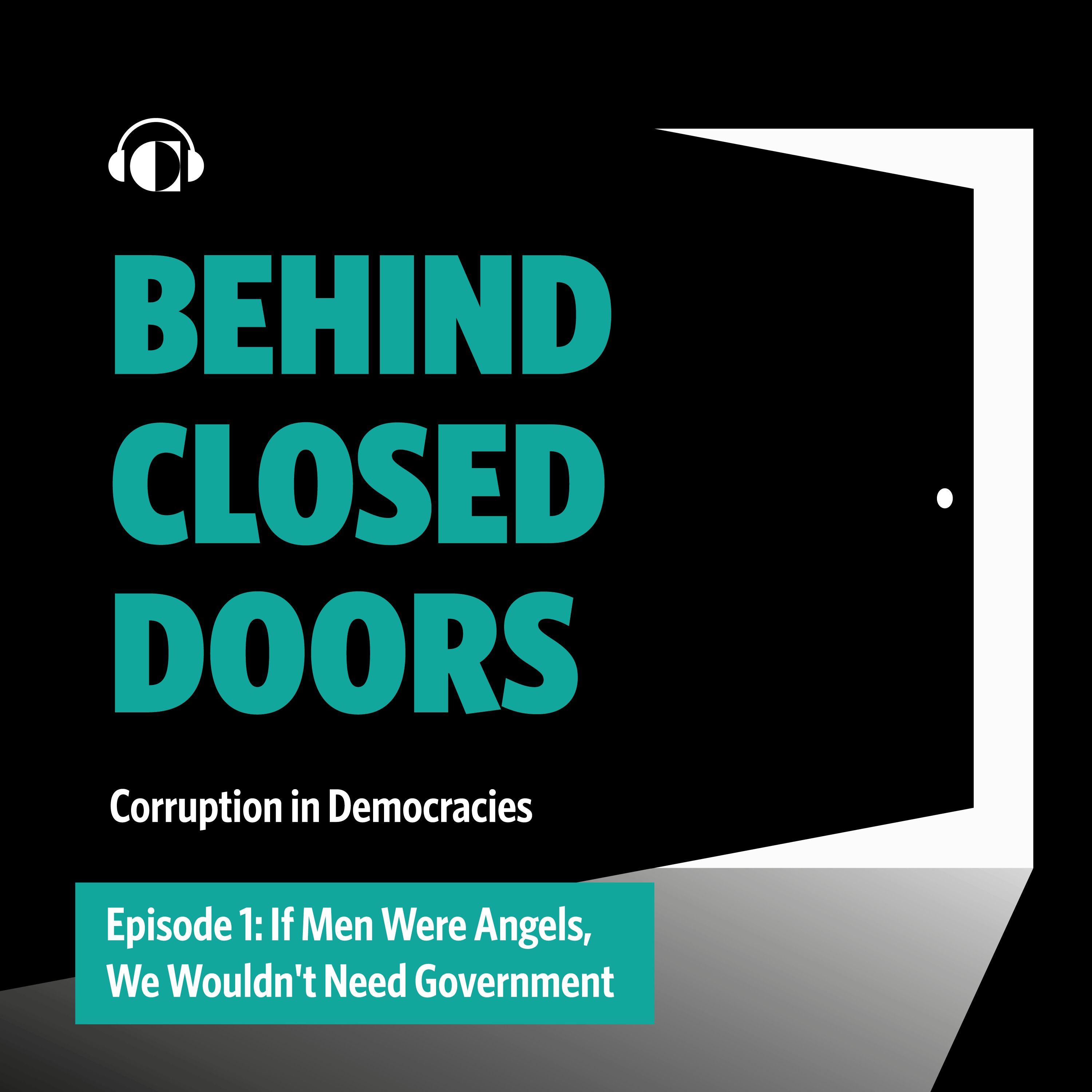Discover Pivotal States
Pivotal States

Pivotal States
Author: Carnegie Endowment for International Peace
Subscribed: 17Played: 62Subscribe
Share
© 2024, Carnegie Endowment for International Peace
Description
In a fragmented and transactional world, the United States faces a host of challenges. To meet the moment, Washington needs new habits of statecraft, the courage to make difficult trade-offs, and the wisdom to work with a diverse array of global partners. The American Statecraft’s Pivotal States podcast series focuses on key nations that present strategic challenges and opportunities for the United States. Through these conversations, we aim to pave the way for a foreign policy equipped to navigate the mid-21st century.
19 Episodes
Reverse
U.S.–Iranian animosity has persisted relentlessly for more than four decades. From the Cold War to the unipolar moment to today’s multipolar world, tensions between the United States and Iran have remained a constant in an otherwise shifting geopolitical landscape. Understandably, Washington blames Tehran. But where does American agency fit into this story? Where have U.S. policymakers missed chances to reset the relationship? And what stands in the way of charting a new course?In her new book, Enduring Hostility, Dalia Dassa Kaye examines how America’s foreign-policy elite, from Reagan through Biden, have understood and shaped relations with Iran.On Pivotal States, she joins host Christopher S. Chivvis to discuss how America's choices have contributed to the stubborn antagonism between the two countries, and what it will take to change the script.
The contest to stay on the leading edge of AI is rapidly taking center stage in America’s strategic competition with China. But what does it actually mean to beat China in AI? Does the United States have the right strategy for navigating this contest? Are policymakers overstating the threats posed by China, or by artificial intelligence itself? And can Washington and Beijing cooperate on areas of high risk even as they compete intensely elsewhere?In this episode of Pivotal States, Christopher S. Chivvis speaks with Colin H. Kahl, Director of the Freeman Spogli Institute for International Studies and former Under Secretary of Defense for Policy in the Biden administration, to unpack the peril and the promise of U.S.–China competition in AI.
President Donald Trump vowed to end the war in Ukraine within 24 hours of taking office. He sent his negotiator Steve Witkoff and Secretary of State Marco Rubio for multiple rounds of negotiations with Russia and Ukraine, and even hosted Russian President Vladimir Putin at a high-profile summit in Alaska this August. But despite these moves, the war grinds on with no resolution in sight. Negotiations have stalled as Russia continues to demand sweeping concessions. Frustrated by the lack of progress, Trump is now pressing for more assertive international action against Moscow, even as his own willingness to impose further costs on Russia remains unclear. The path forward looks increasingly grim, and the limits of U.S. influence in Ukraine are becoming ever more apparent. So what kind of outcome is realistically achievable— and at what cost?To assess the dilemmas inherent in America’s policy toward Ukraine, Chris Chivvis speaks with Thomas Wright, a Senior Fellow at the Brookings Institution and former Senior Director for Strategic Planning at the National Security Council during the Biden administration.
This summer, during a trip to Asia, U.S. Secretary of Defense Pete Hegseth reiterated that the Indo-Pacific is the U.S. Department of Defense’s priority theater. Yet unlike Europe, the region still lacks a multilateral defense alliance, relying instead on a patchwork of bilateral ties and minilateral arrangements. Should the U.S. push for a formal defense pact in the Pacific? Advocates say a new alliance would bring stability and peace, while critics argue it would escalate tensions with China. In this episode of Pivotal States, Christopher S. Chivvis speaks with Dr. Ely Ratner of the Marathon Initiative to unpack the risks and benefits. Dr. Ely Ratner, who served as Assistant Secretary of Defense for Indo-Pacific Security Affairs for the Biden administration, lays out his vision in a recent Foreign Affairs essay, “The Case for a Pacific Defense Pact.”
In his second term, President Trump cast himself as a “peacemaker and unifier” and tried to bring a swift end to the wars in Ukraine and the Middle East. Six months later, however, those conflicts continue, and last month Trump launched strikes on nuclear facilities in Iran.What has actually changed? Is Trump altering the trajectory of American global power or ultimately delivering more of the same?Join Christopher S. Chivvis and Stephen Wertheim, from the Carnegie Endowment’s American Statecraft Program, as they unpack Trump’s second-term record thus far and discuss Stephen’s new essay in the New York Times, “Trump Wants to Put America First. He Has No Idea How.” https://www.nytimes.com/2025/07/22/opinion/trump-america-foreign-policy.html
Few relationships are as fraught, and as consequential, as America and Iran’s. The Trump administration inherited a golden opportunity to strike a deal, but the path has been anything but smooth. With the Trump now in nuclear talks with Iran, the question looms: Could this be a Nixon-to-China moment? What would a deal mean for the region? What benefits could it bring, and what’s at stake?Join Christopher S. Chivvis and Ali Vaez, Iran Project Director at the International Crisis Group, as they break down the strategic choices in U.S.-Iran relations.
America’s relationship with the United Kingdom is one of the deepest in the world, but in the face of changing interests and new geopolitical pressures, how important will the UK be to the future of American statecraft? UK Prime Minister Keir Starmer has made it clear that London will not choose between the U.S. and the EU. But navigating this delicate balance isn’t easy. Where is the “special relationship” between London and Washington heading? Does the UK have what it takes to safeguard Europe’s security, with less help from America? Can the U.S. and the UK agree on China?In this episode of Pivotal States, Christopher S. Chivvis explores the U.S.-UK relationship with Jeremy Shapiro, Research Director of the European Council on Foreign Relations.
As the United States overhauls its foreign policy approach, Taiwan is on high alert. The Trump administration’s push for a Ukraine settlement has led many to question Washington’s commitment to Taiwan. What do leaders in Taipei think of these geopolitical changes? What’s the pulse of the Taiwan public?To find out, American Statecraft Program and national security experts Christopher S. Chivvis, Stephen Wertheim, Brett Rosenberg, and Matthew Duss visited Taipei and met with Taiwan's officials and thought leaders. In this episode of Pivotal States, they share their takeaways and delve into the United States' policy challenge in Taiwan.
Winners and losers—every major transition has them. For the world to meet its climate goals, it needs to undergo a partial shift away from traditional meat and toward alternative proteins. But who would be the winners and losers of a global protein transition? In Episode 6, we investigate what this transition might look like and what it could mean for national security and geopolitics.
There’s a lot to learn from the lobster. Its transformation from disdained prison food to fine-dining delicacy reveals how culture shapes our palate and how people could start to get a taste for food that does less damage to the planet than a bacon cheeseburger. In Episode 5, we look to the future of alternative proteins—from bean burgers to lab-grown nuggets—and ask what it would look like to live in a world less centered on traditional meat production.
The soybean is more than just a humble legume—it’s a major geopolitical player that feeds the international meat market, shapes trade wars, and transforms economies. In Episode 4, we tell the story of how the soybeans that feed pigs around the world have shaped the geopolitical behavior of what some call “the Meat Triangle”: the United States, Brazil, and China.
You’ve probably heard of money laundering. But while some choose to launder dirty cash, others launder cows. Episode 3 tells the story of one Brazilian company’s entanglement with the smuggling and selling of illegal cattle throughout the Amazon—and explores how big meat companies around the world use their power to undermine climate goals.
Meat isn’t just delicious. It’s also an important commodity, a politically powerful industry, and a big reason why our planet is overheating. Join the Carnegie Endowment for International Peace for our new podcast Barbecue Earth, as we explore the intersection of meat, climate change, and geopolitics.
In the United States, agriculture plays by a different set of rules than other sectors. With its lax child labor laws and lack of environmental restrictions, the American farming industry operates in a uniquely under-regulated environment. Why? Episode 1 explores the history of agricultural exceptionalism and how it impacts the lives of North Carolina residents living close to factory farms.
Tractors blocking government buildings. Manure piled on highways. The birth of a populist political party. In the Netherlands, government regulations on agriculture’s nitrogen emissions have sparked backlash from Dutch farmers. In Episode 2, we tell the story of this quarrel. It holds lessons for all countries, in Europe and beyond, that are facing rising agricultural populism as they begin to implement stricter environmental regulations on farming.
The third episode, "Trouble in the Blue House," dissects the corruption scandal often called "South Korea's Watergate." When former President Park Geun-hye was first elected in 2013, she held widespread conservative support and was internationally celebrated as the country's first female president. No one could have predicted that just 5 years later, she would end up embroiled in a corruption case that would leave her disgraced, impeached, and sentenced to 20 years in prison. Although not without its controversy, Park Geun-hye's impeachment shows how anti-corruption movements can pursue accountability and reform while protecting democratic norms.
The second episode, "Seeing the Monster," explores what some call the biggest corruption scandal in history—Brazil's Lava Jato scandal. The story begins at a small gas station in southern Brazil, where a single arrest for bribery in 2013 unleashed a domino effect that would topple hundreds of business executives, imprison a former head of state, and impeach the sitting president. The aftermath of the scandal shows how important it is for anti-corruption movements to not only expose corruption, but also to provide constructive ways to address it.
Introduction to Behind Closed Doors: Corruption in Democracies
What is corruption in democracies? How has it changed over time? And, in what forms does it emerge in our society today? Episode 1, 'If Men Were Angels, We Wouldn't Need Government,' answers these questions through the lens of case studies in the United States, including the political scandal of former Illinois governor Rod Blagojevich, U.S. Supreme Court decisions that have eroded controls on influence-peddling, and other frequent tools used by leaders and groups to receive preferential treatment in the U.S. system of government.









